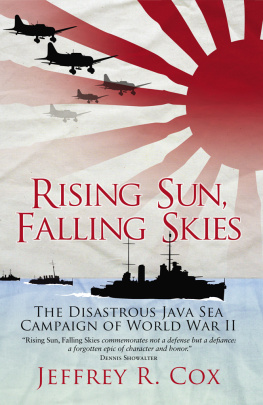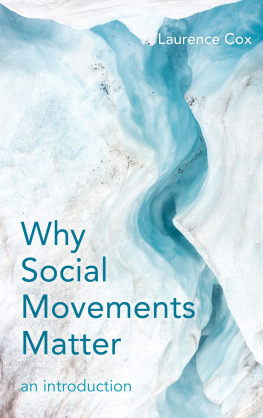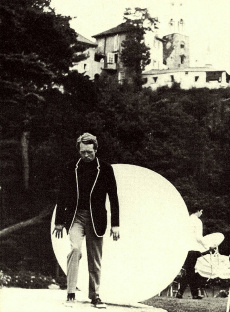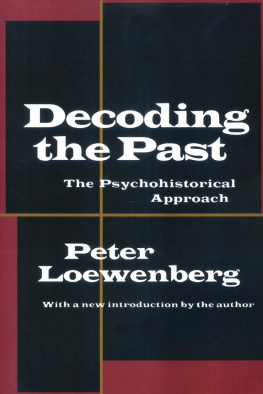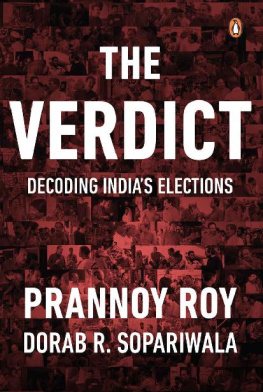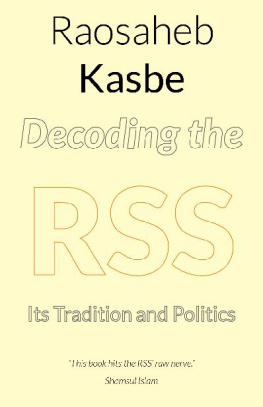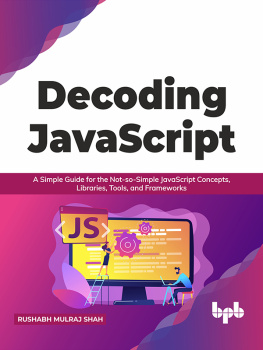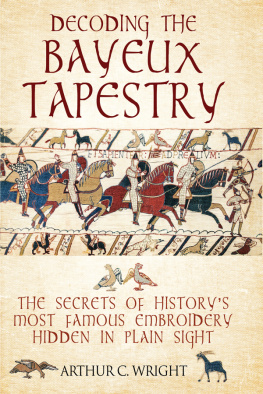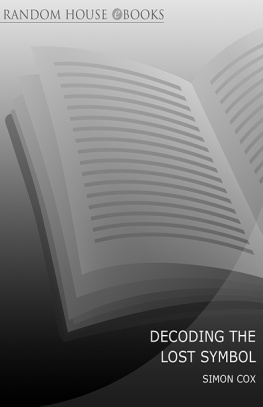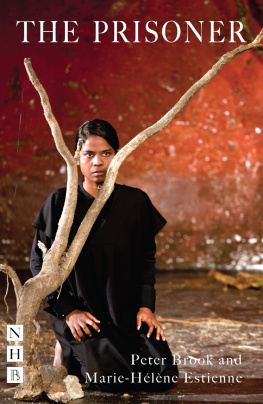Cox - I am (not) a number: decoding The Prisoner
Here you can read online Cox - I am (not) a number: decoding The Prisoner full text of the book (entire story) in english for free. Download pdf and epub, get meaning, cover and reviews about this ebook. City: Great Britain, year: 2017, publisher: Kamera Books, genre: Detective and thriller. Description of the work, (preface) as well as reviews are available. Best literature library LitArk.com created for fans of good reading and offers a wide selection of genres:
Romance novel
Science fiction
Adventure
Detective
Science
History
Home and family
Prose
Art
Politics
Computer
Non-fiction
Religion
Business
Children
Humor
Choose a favorite category and find really read worthwhile books. Enjoy immersion in the world of imagination, feel the emotions of the characters or learn something new for yourself, make an fascinating discovery.

- Book:I am (not) a number: decoding The Prisoner
- Author:
- Publisher:Kamera Books
- Genre:
- Year:2017
- City:Great Britain
- Rating:3 / 5
- Favourites:Add to favourites
- Your mark:
- 60
- 1
- 2
- 3
- 4
- 5
I am (not) a number: decoding The Prisoner: summary, description and annotation
We offer to read an annotation, description, summary or preface (depends on what the author of the book "I am (not) a number: decoding The Prisoner" wrote himself). If you haven't found the necessary information about the book — write in the comments, we will try to find it.
Cox: author's other books
Who wrote I am (not) a number: decoding The Prisoner? Find out the surname, the name of the author of the book and a list of all author's works by series.
I am (not) a number: decoding The Prisoner — read online for free the complete book (whole text) full work
Below is the text of the book, divided by pages. System saving the place of the last page read, allows you to conveniently read the book "I am (not) a number: decoding The Prisoner" online for free, without having to search again every time where you left off. Put a bookmark, and you can go to the page where you finished reading at any time.
Font size:
Interval:
Bookmark:
I Am (Not) A Number
The enormously puzzling TV series The Prisoner has developed a rapt cult following, and has often been described as surreal or kafkaesque
Alex Cox watched all the episodes of The Prisoner on their first broadcast, at the ripe old age of thirteen. In I Am (Not) A Number , Cox believes he provides the answers to all the questions which have engrossed and confounded viewers including:
Who is Number 6?
Who runs The Village?
Who or what is Number 1?
According to Cox, the key to understanding The Prisoner is to view the series in the order in which the episodes were made and not in the re-arranged order of the UK or US television screenings. In this book he provides an innovative and controversial explanation for what is perhaps the best, the most original, and certainly the most perplexing, TV series of all time.
About the author
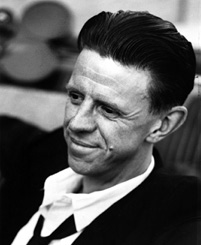
Maverick British filmmaker ALEX COX is responsible for directing a host of acclaimed films from Sleep Is for Sissies , Repo Man , Sid & Nancy , Straight to Hell , Walker and Highway Patrolman to Death and the Compass , Three Businessmen , Revengers Tragedy , Searchers 2.0 , Bill the Galactic Hero and Tombstone Rashomon . From 1987 to 1994, he presented the acclaimed BBC TV series Moviedrome , bringing unknown or forgotten films to new audiences. Hes is also the author of 10,000 Ways to Die , The President and Provocateur , Alex Coxs Introduction to Film , and X Films: True Confessions of a Radical Filmmaker . He has written on the subject of film for publications including Sight and Sound , The Guardian , The Independent and Film Comment.

for Pablo
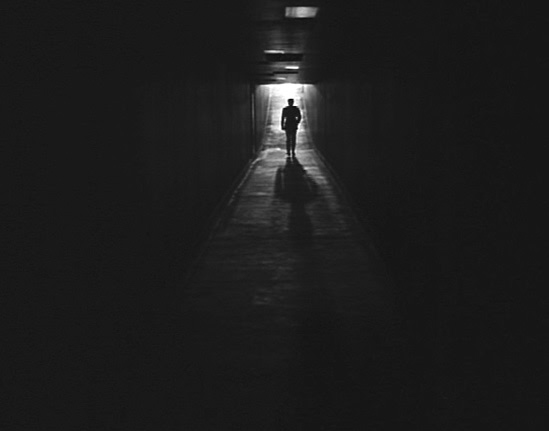
Introduction
When The Prisoner was first broadcast in 1967 and 1968 I thought it was the best thing I had ever seen on TV. I was barely a teenager, watched quite a lot of telly, and had never seen the like. Fifty years later, having re-watched all the episodes, repeatedly, I feel exactly the same way. Were often told today that episodic television has replaced the cinema as intellectual narrative fare. I dont think this is true. While mainstream cinema has never been less intellectually challenging, modern episodic TV is in its own unique ways equally dull. More happens in two hours of McCabe & Mrs. Miller than in an entire season of Deadwood . Contemporary episodic TV takes one idea and runs very slowly with it. Supporting characters who would be given one line of dialogue in a feature film have whole episodes and subplots devoted to them. And series never end - instead each season concludes with a bunch of cliffhangers and unresolved characters - because the goal is to rack up the episodes. TV is bought and sold in bulk, and 100 episodes is the goal.
The Prisoner could not have been more different. The first season had thirteen episodes, each discrete unto itself. Every episode was intellectually challenging, disturbing, and remarkably prescient. The hero and a couple of apparent villains were the only recurring characters. The early, standalone, episodes presented dire threats to The Prisoner. In how many other shows was the protagonist threatened with a leucotomy? Who even knew what a leucotomy was? But, as the series proceeded, the threats receded, and The Prisoner was able to game The Village and influence events there. Blows were frequently exchanged, but until the final episodes guns were never seen. An aura of enforced politeness and cleanliness of body and mind prevailed. There seemed no escape from the pretty seaside resort town known as The Village but who ran it? Who was The Prisoner? What information did he have? Who were his captors, and why were they so desperate to break him? And who was Number 1?
In this book, Ill try to answer these questions. I believe that there are answers to be found, that they are contained in the 17 episodes of The Prisoner , in its scripts, in its story notes, and nowhere else. So, Im not going to consider Danger Man , the TV series which made Patrick McGoohan a star, nor his subsequent work as an actor, nor for the most part the enigmatic and elusive interviews he gave regarding the series. McGoohan remarked that everything one needed to know was contained within those 17 episodes: asking for additional information would have meant that the series had failed. His point is an excellent one. McGoohans series is free-standing, concrete, intelligent, and can be interpreted on its own terms, on the basis of what it contains.
The Prisoner is a complex whole, rooted in the Cold War, but even more deeply embedded in its Britishness (I almost wrote Englishness, since the series is so London-centric, but that would not do when its most memorable location was Portmeirion, in Wales). McGoohan, born in New York, could be American, English, or Irish as it suited him. But the clipped, public-school tones of Number 6 are the hallmark of a certain type of Englishman, and it is that character, and his relationship with his world, which I will explore here.
The Cold War was characterised by spying, surveillance, propaganda, and the amassing of vast nuclear arsenals. All are featured here. In the 1960s, Britain was in the process of giving up what remained of her Empire, and becoming increasingly dependent, militarily and economically, on the United States. While refusing to commit troops in Vietnam, Britain remained a dedicated member of NATO, the Americans nuclear-armed alliance against Russia the other big player in the Cold War. In the west, Russia was always our perceived antagonist, together with its Eastern European satellites, and the Asian communist countries, principally China. Russia and China actually had very little in common and disagreed on most issues, but in the minds of American war-planners and fiction writers the Iron Curtain countries were all the same, both octopus and monolith. So, when the Chinese brainwash American GIs in The Manchurian Candidate , there are Russian advisors present. And when the North Vietnamese keep American GIs prisoner in Rambo , there are Russian advisors lurking behind the tiger cages.
Numerous were the sixties TV shows in which valiant British and American secret agents outsmarted and outgunned their Russian counterparts. Few indeed were shows which suggested that the two sides might be fundamentally alike, and neither worth fighting for. Indeed, there was only one series which raised that issue: The Prisoner . But the series went far beyond secret agent craft, frequently dealing with the perversion of medical science for military and intelligence purposes. It dealt with the state of the art as it then was of Mind Control, something which obsessed both CIA and KGB; as we shall see, The Prisoner was both knowledgeable and prescient about this hideous quasi-science.
Patrick McGoohan had been the star of the popular British TV series, Danger Man , which was picked up by the American networks something all British producers dreamed of. At the end of the third season of Secret Agent (as the Americans knew it), McGoohan approached the TV mogul Lew Grade, and proposed they make a different series together. Grade wanted another season of Danger Man more than one, ideally but he also wanted to keep McGoohan on board. He didnt read treatments or scripts, so, at a six am meeting, McGoohan made him a verbal pitch for the new show.
Font size:
Interval:
Bookmark:
Similar books «I am (not) a number: decoding The Prisoner»
Look at similar books to I am (not) a number: decoding The Prisoner. We have selected literature similar in name and meaning in the hope of providing readers with more options to find new, interesting, not yet read works.
Discussion, reviews of the book I am (not) a number: decoding The Prisoner and just readers' own opinions. Leave your comments, write what you think about the work, its meaning or the main characters. Specify what exactly you liked and what you didn't like, and why you think so.


